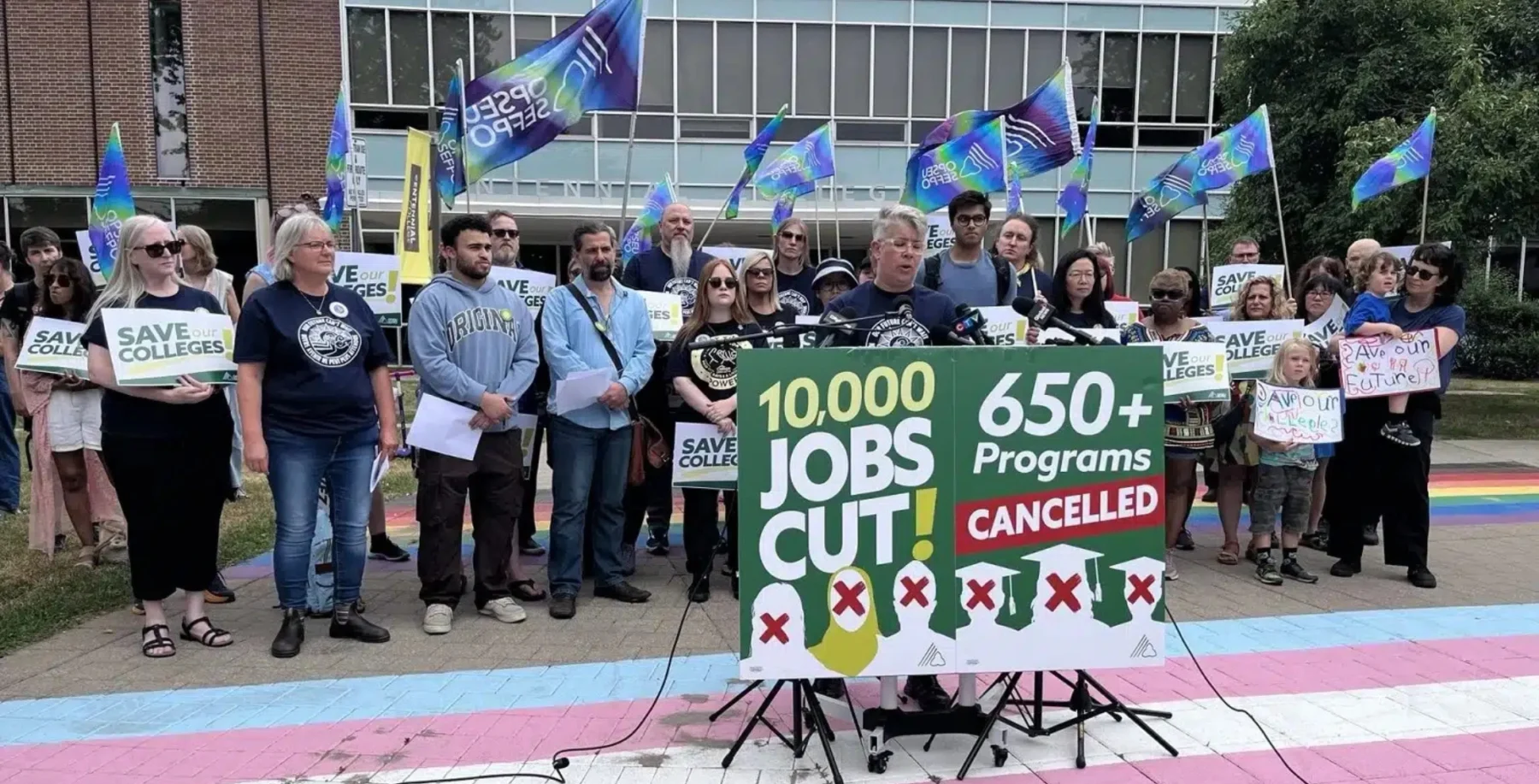
At what point, if ever, is one free to dispose of property as one sees fit, without being obliged to support children or spouses who we feel are undeserving? The Ontario Court of Appeal recently addressed this issue in the decision of Spence v. B.M.O. Trust Company, 2016 ONCA 196. The facts were controversial.
A spouseless father died, leaving all of his property divided between one of his two daughters and her sons. The will expressly excluded his second daughter on the basis that she had not had a relationship with him for many years. The will appeared without controversy – as a general principle, an individual has no obligation under Ontario law to leave any portion of his or her estate to an adult, financially independent child. However, controversy arose when the excluded daughter moved to set aside the will and brought a support claim on behalf of her son, a minor and grandson of the deceased. BMO Trust, the Estate Trustee (the executor) filed a defence.
According to the excluded daughter, the reason she was estranged from her father, who was black, was because she had a child with a white partner. Prior to that, she had had a close relationship with her father and had been raised by him in Canada, unlike her sister who had been raised by their mother in England. The sister in England had very little to do with their father during his life but, unlike the excluded daughter, had her children with a black man. At the Superior Court level, the court struck down the daughter’s claim that her son was entitled support from his deceased grandfather on the basis that he wasn’t financially dependent on his grandfather at the time of his death. However, the court struck down the will on the basis that it contravened public policy by discriminating against the daughter for having had a bi-racial child. BMO appealed that decision.
The Court of Appeal struck down the lower court ruling and upheld the will. In doing so, the court indicated that it was upholding the principle that an individual is entitled, where they have no dependents, to dispose of their property as they see fit. While the deceased may well have been racist, it wasn’t apparent on the face of the will. The court, as a general principle, is not to look behind the will in an attempt to determine a deceased person’s motives.
It appears clear therefore, that provided you have no dependents, are mentally competent and not under undue influence, you’re free to dispose of your property at death as you see fit. Pick and chose between family, friends and charities reward those you love most and penalize those who didn’t call as often as they should. But – and this is a big but – you can’t necessarily do so if you are married or have dependents.
As we’ve previously discussed in this column, married couples, under parts I and II of the Family Law Act, have property rights and obligations to one another, including a right to possession of the matrimonial home and a right to an equalization of the parties’ net family property. This can’t be avoided on death any more than on separation. In the event that a surviving spouse is unhappy with what they’ve been left under the terms of their deceased spouses’ will, they have six months to elect to bring a claim under the Family Law Act for an equalization of property instead.
Likewise, Part V of Ontario’s Succession Law Reform Act ensures that dependents who feel that they are not adequately provided for under the terms of a will have a six-month window to apply to the court for support. Children and spouses who were dependent on the deceased for their support at the time of his or her death are included in the definition of dependent under the terms of the Succession Law Reform Act. As under the Family Law Act, a spouse includes not only a married spouse but an individual with whom the deceased lived continuously for three years or was in a relationship of some permanency and with whom the deceased had a child. Children under the Succession Law Reform Act includes grandchildren whom the deceased demonstrated an intent to treat as his or her own child, but does not include financially independent, generally adult, children.
In short, you’ve got a lot of flexibility in writing your will, to deal with your property as you see fit, but that discretion isn’t absolute. When in doubt, consult a lawyer.
James Stengel is a Family Law Lawyer with Houghton, Sloniowski & Stengel. Reasonable Doubt appears on Mondays.
A word of caution: You should not act or rely on the information provided in this column. It is not legal advice. To ensure your interests are protected, retain or formally seek advice from a lawyer. The views expressed in this article do not necessarily reflect those of Houghton, Sloniowski & Stengel.
website@nowtoronto.com | @nowtoronto












